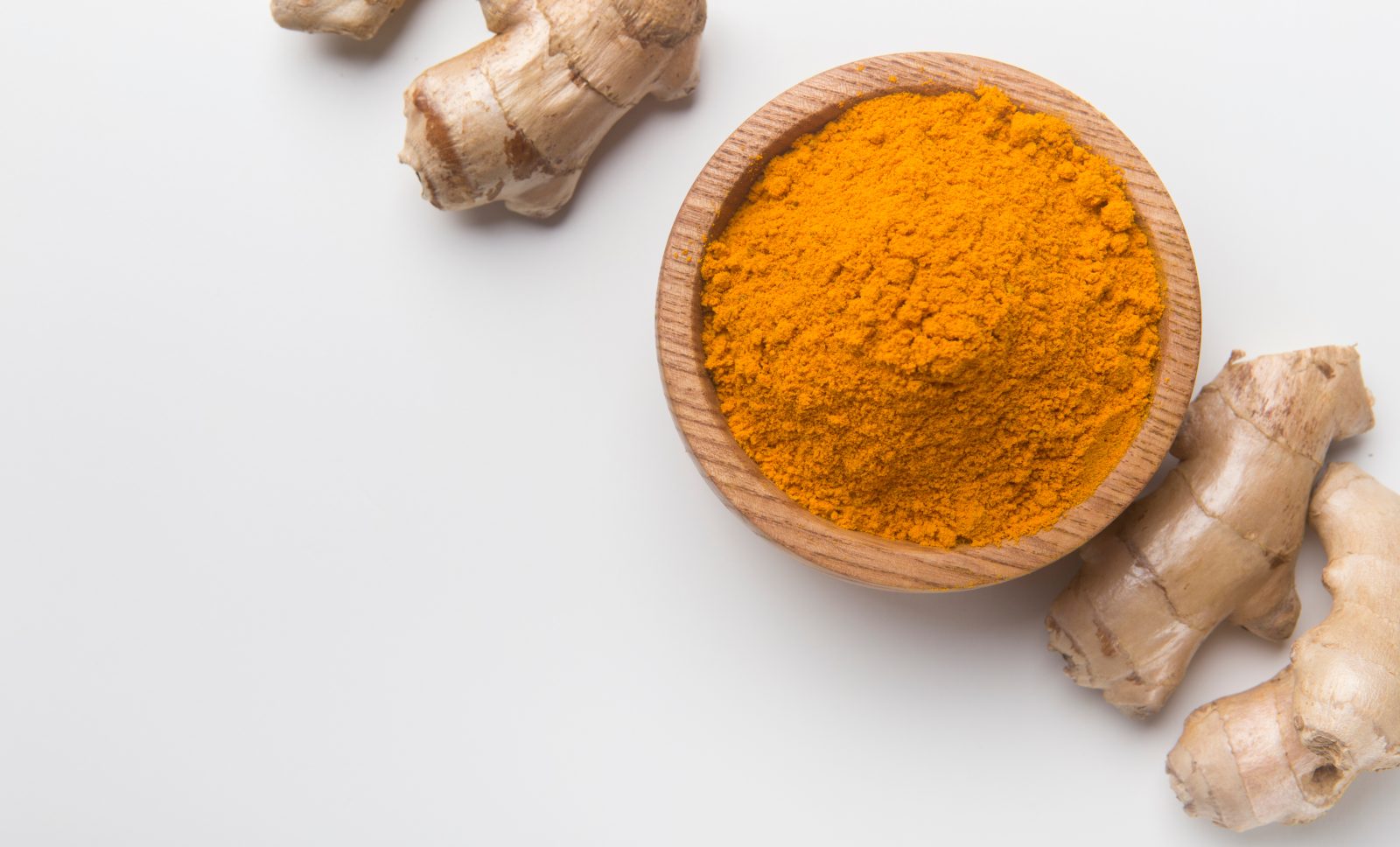Turmeric, the vibrant yellow spice commonly found in Asian cuisine, has been gaining attention for more than just its flavor. This ancient root, known for its active compound curcumin, has sparked discussions about its potential role in weight loss. While there is no magic solution for shedding pounds, let’s explore the connection between turmeric and weight loss to determine if it can be a helpful addition to your wellness journey.
The roots of the Curcuma longa plant are ground up and utilized in modern medicine as turmeric. The chemical curcumin, responsible for its effects, is being studied for its therapeutic potential. Due to its potent anti-inflammatory and antioxidant effects, it has been studied for its potential to aid in weight reduction.
Weight loss and turmeric
Recent studies have looked into turmeric’s effect on weight loss.
In vitro, research has shown that curcumin may inhibit the production of some inflammatory markers that contribute to obesity. Excess weight and obesity are associated with an increase in these markers.
Animal research suggests that this molecule may help you lose weight, slow the formation of fat tissue, prevent you from gaining weight back, and make your body more sensitive to the hormone insulin.
Weight, BMI, waist, and hip circumference were significantly reduced in a 30-day study of 44 patients who had been unable to lose weight before taking 800 mg of curcumin and 8 mg of piperine twice daily.
A meta-analysis of 21 studies involving more than 1,600 people also found that people who consumed curcumin had significantly lower body weight, body mass index, and waist circumference. Adiponectin, a hormone that regulates your metabolism, was also shown to be elevated in the study.
Even though the results have been encouraging, more studies on humans are required before turmeric can be recommended for weight loss.
Application of turmeric
However, most human research indicates that the health advantages of turmeric extracts or curcumin supplementation are only apparent at larger doses.
That’s because turmeric is a spice that’s often used in very small doses. And whereas the spice itself only has 2-8% curcumin, extracts can have as much as 95% curcumin.
If you want to maximize your body’s absorption of curcumin, it’s best to take a supplement that also contains black pepper.
Even though there are no set recommendations for how much of this supplement to take, most studies indicate that 500–2,000 mg of turmeric extract daily is sufficient to show benefits.
However, because of the lack of data on its long-term safety, you shouldn’t take turmeric supplements for more than two to three months at a time.
Although turmeric won’t help you lose weight, it will help you avoid serious health problems like Alzheimer’s and heart disease.
If you are taking any supplements, including turmeric or curcumin, you should let your doctor know.
Potential dangers and side effects of turmeric
The use of turmeric and curcumin is generally accepted as safe.
Short-term studies show that consuming up to 8 grams of curcumin per day is safe, while long-term studies are required to draw any firm conclusions.
While rare, allergic reactions, nausea, vomiting, stomach pain, constipation, skin rash, and diarrhea have been reported in patients who have taken this substance in excessive dosages.
Incorporating turmeric into your diet might offer some benefits on your weight loss journey. Its anti-inflammatory properties, potential metabolism boost, and impact on fat tissues make it an exciting addition. However, turmeric is not a substitute for a healthy lifestyle. A balanced diet and regular exercise remain the cornerstones of successful and sustainable weight loss. Before making any major changes to your diet or exercise program, it is recommended that you speak with a medical practitioner.
















Find Us on Socials